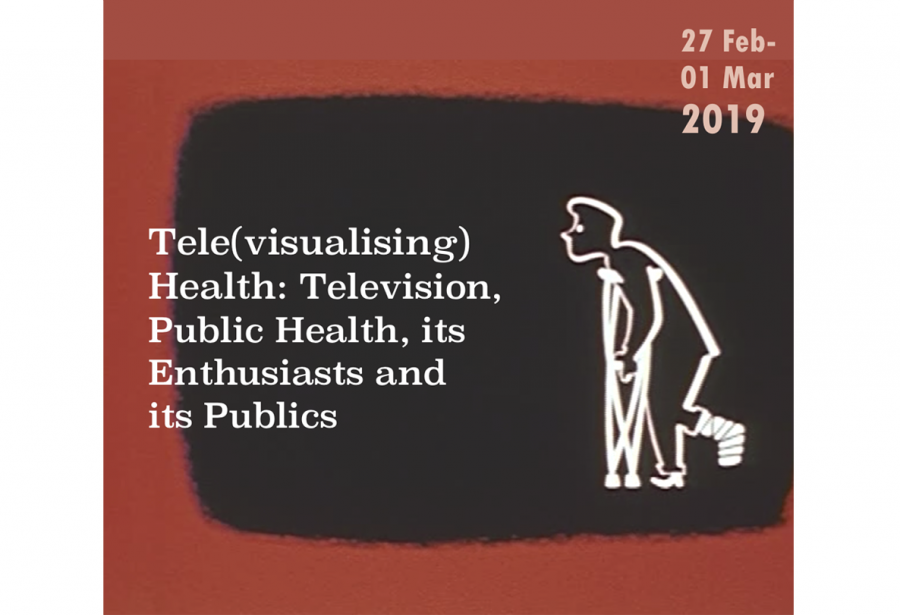Tele(visualising) Health: TV, Public Health, Enthusiasts and the Public

Televisions began to appear in the homes of large numbers of the public in Europe and North America after World War II. This coincided with a period in which ideas about the public’s health, the problems that it faced and the solutions that could be offered, were changing. The threat posed by infectious diseases was receding, to be replaced by chronic conditions linked to lifestyle and individual behaviour.
Public health professionals were enthusiastic about how this new technology and mass advertising could reach out to individuals in the population with the new message about lifestyle and risk. TV offered a way to reach large numbers of people with public health messages; it symbolised the post war optimism about new directions in public health.
But it could also act as a contributory factor to those new public health problems. Watching TV was part of a shift towards more sedentary lifestyles, and also a vehicle through which products that were damaging to health, such as alcohol, cigarettes and unhealthy food, could be advertised to the public. Population health problems could be worsened by TV viewing.
How should we understand the relationship between TV and public health? What are the key changes and continuities over time and place? How does thinking about the relationship between public health and TV change our understanding of both?
The three-day conference aims to bring together scholars from different fields (such as, but not limited to, history, history of science, history of medicine, communication, media and film studies, television studies) working on the history of television in Great Britain, France and Germany (West and East) (the focus of the ERC BodyCapital project), but also other European countries, North and South America, Russia, Asia or other countries and areas.
Click here to view full programme
Keynote speakers:
-
Jeremy A. Greene (Johns Hopkins University)
-
Christina von Hodenberg (QMUL)
-
Elizabeth Toon (University of Manchester)
The conference is organized by the ERC funded research group. The healthy self as body capital: individuals, market-based societies and body politics in visual twentieth century Europe BodyCapital and the Centre for History in Public Health London School of Hygiene and Tropical Medicine (LSHTM).
Admission
Contact
